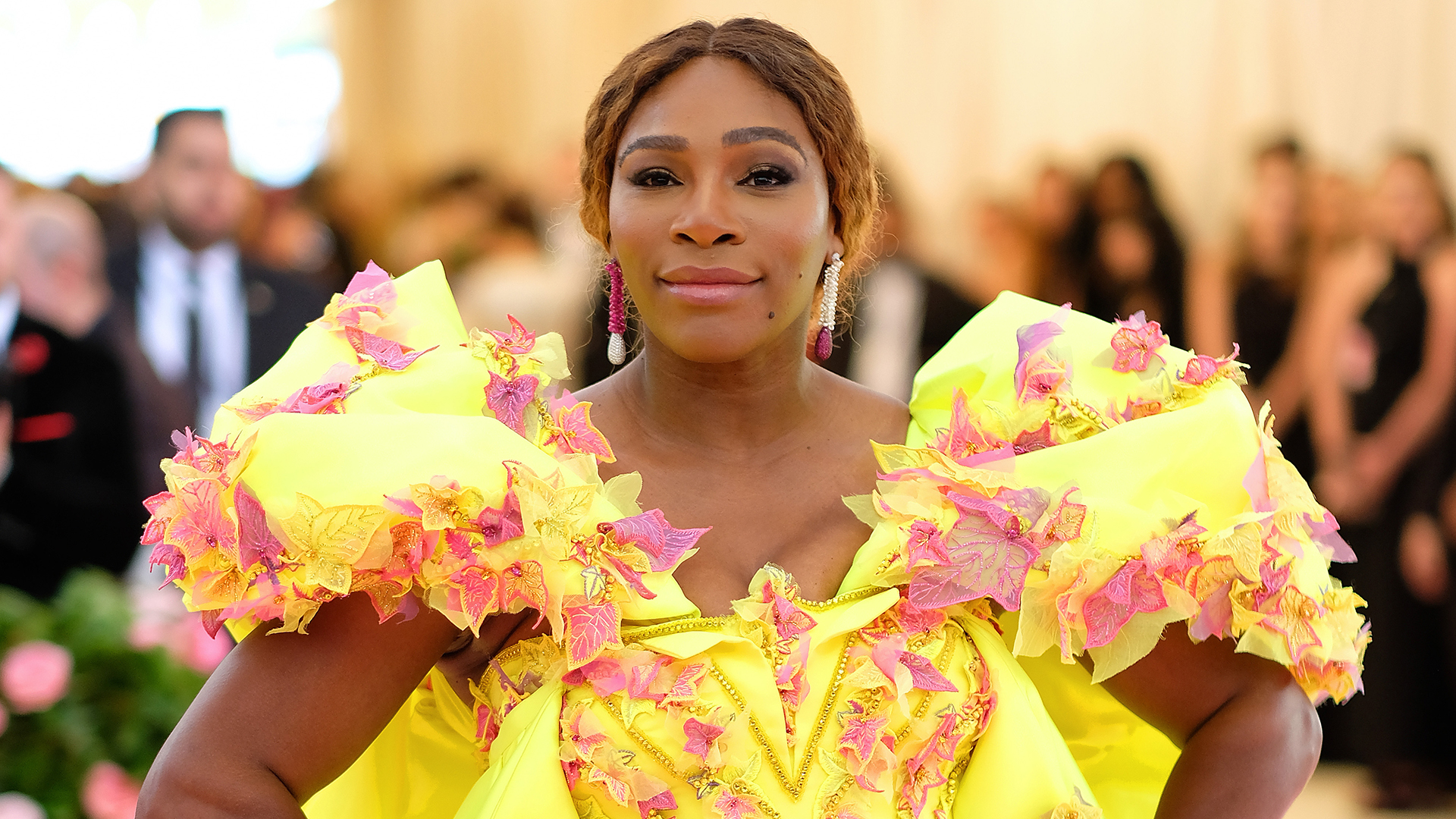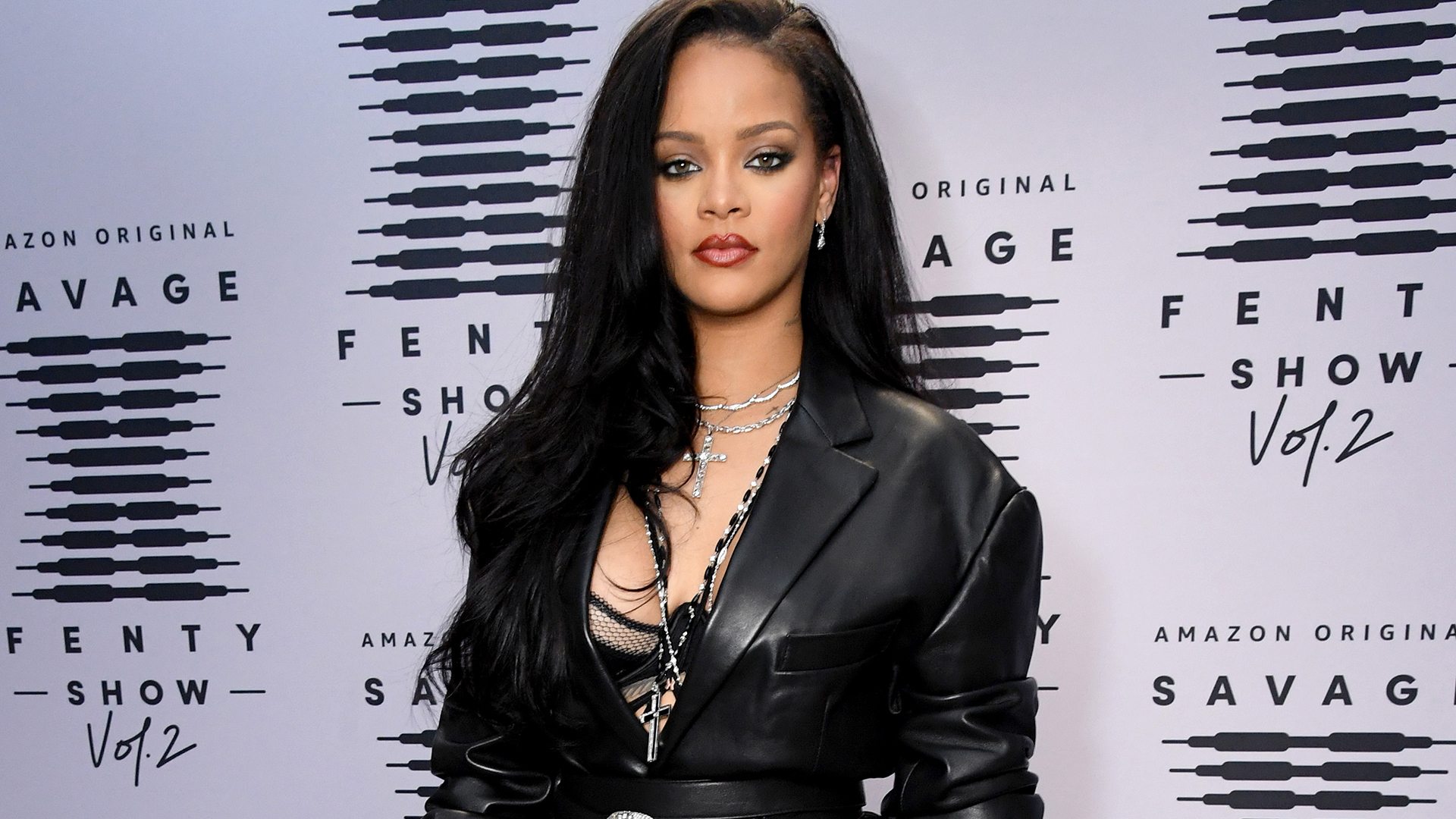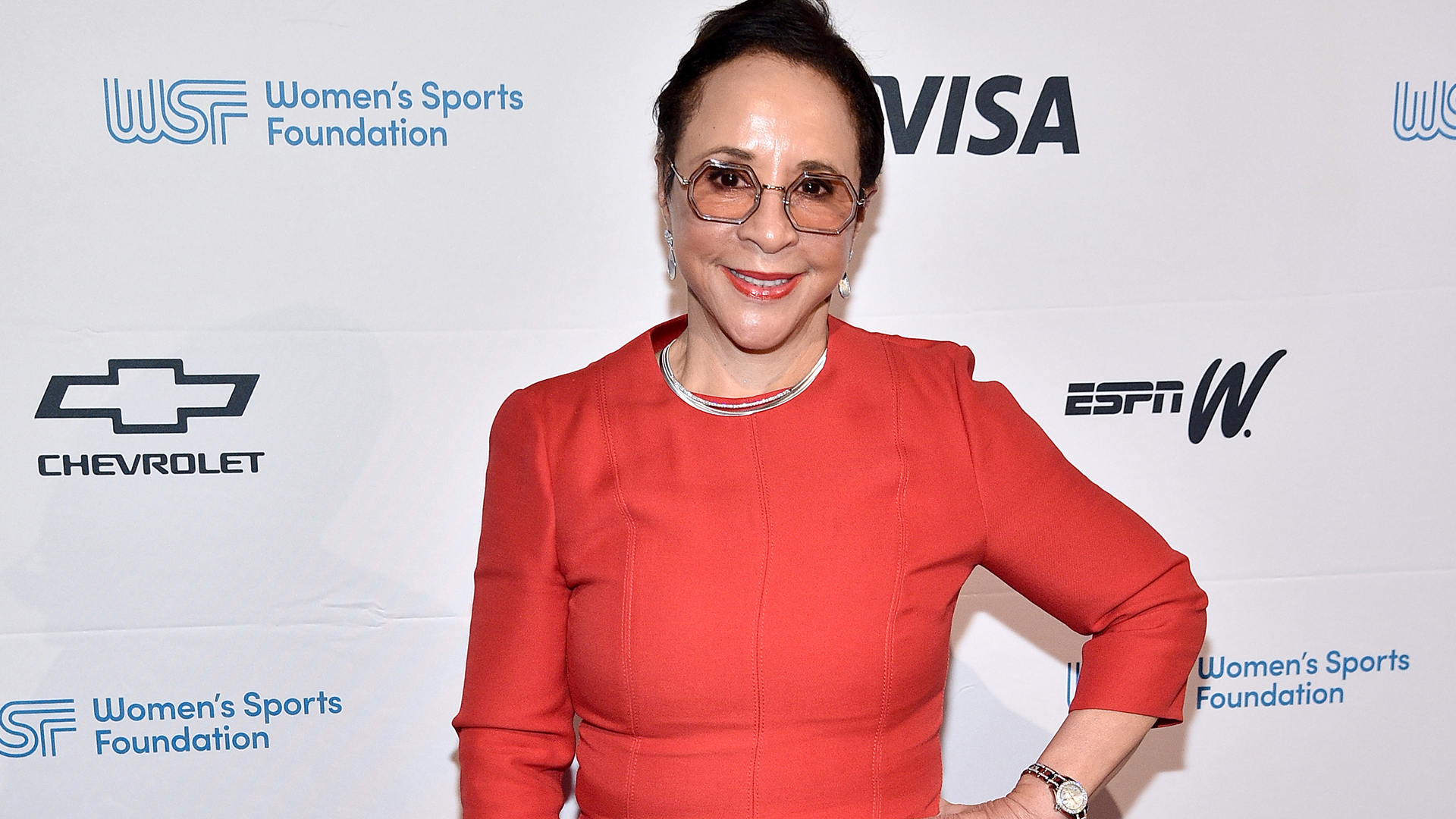When we talk about the richest self-made Black women in the world, we understand that it’s a lot more nuanced than people think it is. Certainly, things like the racial wealth gap, lack of opportunity, and racism must all be made a part of the equation — because while white women will face sexism, non-white women will face racism and sexism in their quest for wealth.
That doesn’t mean, however, that there’s no such thing as self-made Black women. In fact, as three self-made Black millionaires recently told Business Insider, generational wealth isn’t the only determining factor in “making a millionaire.” Things like a great work ethic, taking risks, and building a strong network are all an integral part of becoming wealthy (not just “rich”).
“Building wealth doesn’t have to be complicated,” said financial coach April Stewart, to the outlet. “You don’t have to be a real estate investor. People jump to the ‘advanced’ because they think it will fast-track them. You just have to do the basics, in the right way, consistently. It may take you some years; it took me 14 years. [Now] I’m teaching how to build a seven-figure net worth using your salary alone.”
Forbes recently released its list of the richest self-made women in the world. We decided to take a look at the list and talk about the richest self-made Black women in the world.
Serena Williams

Widely regarded as one of the best female tennis players of all time, Serena Williams started playing tennis in Compton, CA. Today, in terms of her career, she is the highest-earning female athlete of all time. She has consistently been named as one of the world’s highest-paid female athletes by Forbes, and her partnerships and endorsements continue to earn her money above and beyond her sports career.
Janice Bryant Howroyd

As one of 11 children born during a time of school segregation in North Carolina, Janice Bryant Howroyd went on to become the founder and CEO of The ActOne Group, which provides workforce solutions throughout the United States. Howroyd also made history as the first Black woman to run and own a billion-dollar company.
Beyoncé

Who would have guessed that the girl from Destiny’s Child would have gone on to become one of the most popular women in the world? Beyoncé’s striking net worth doesn’t just come from the success of her music (although, certainly, it doesn’t hurt her bottom line) — it also comes from her various partnerships (with the likes of Pepsi and H&M) and the success of her Ivy Park line of clothing.
Rihanna

If Rihanna never wants to record another note again, she doesn’t have to. Thanks to the success of her Fenty empire, AfroTech previously reported that the Bajan beauty is one of the richest self-made Black women in the world, and the second-richest Black woman (behind Oprah Winfrey) in the entertainment industry. In addition to her Fenty empire, Rihanna makes money from her music royalties.
Sheila Johnson

Born Sheila Crump in McKeesport, PA, Sheila Johnson co-founded BET with her husband, Robert L. Johnson. In 2001, the couple sold the network to Viacom for $3 billion. After she divorced Johnson in 2002, she married Judge William T. Newman. She also sold off her shares of BET and today is a real estate investor and founder and CEO of Salamander Resort & Spa.
Oprah Winfrey

As the richest self-made Black woman on this list, Oprah Winfrey’s contributions to both pop culture as a whole and the advancement of Black women, in particular, cannot be overstated. Born into poverty in Mississippi and raised by a single parent in Milwaukee, Winfrey went from a struggling journalist to the head of her “OWN” media empire. This empire, which includes digital, television, and streaming/film properties, Oprah is considered the pioneer of a more intimate and conversational style of reporting that is considered common practice today.

